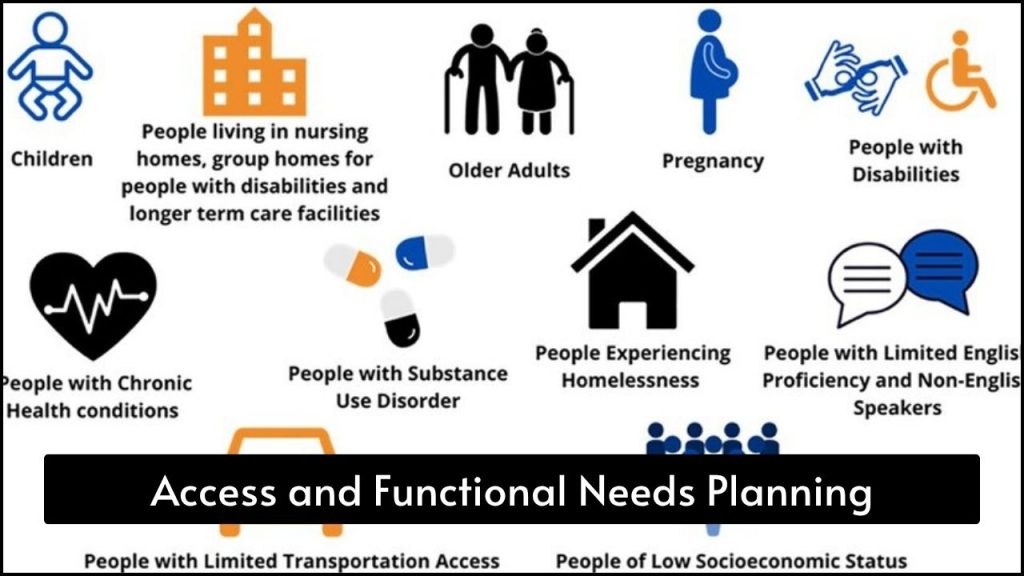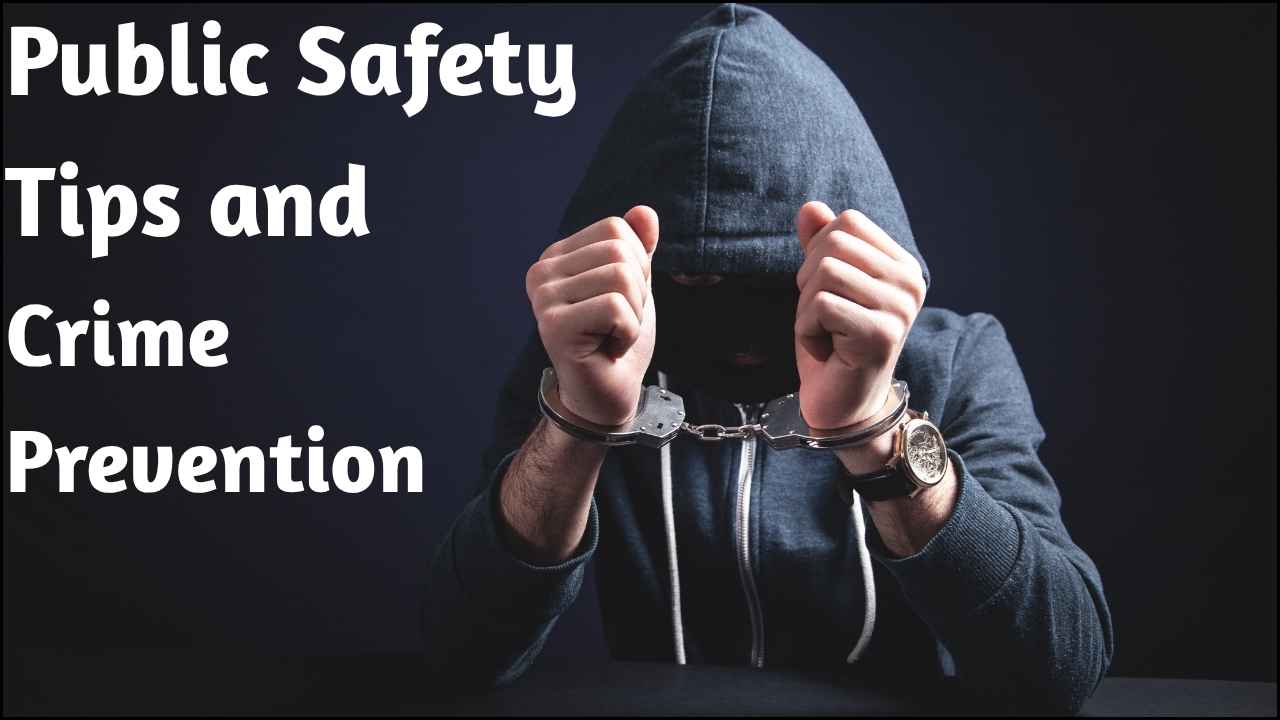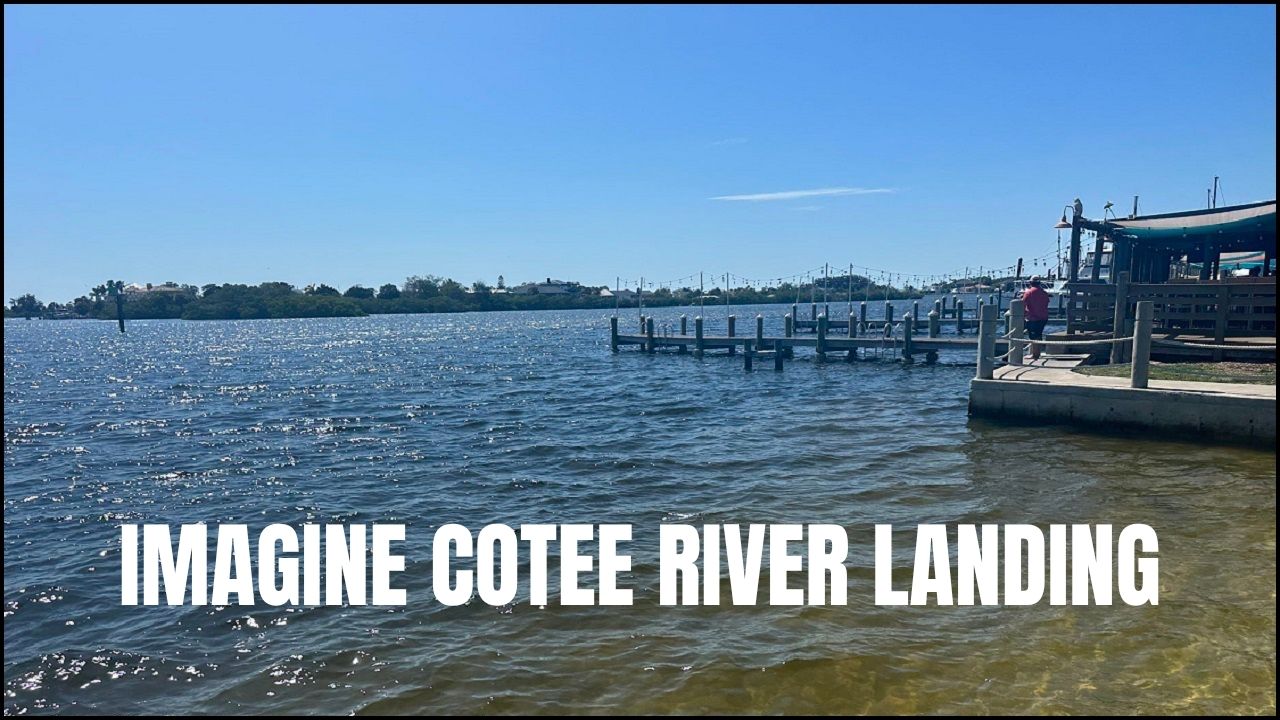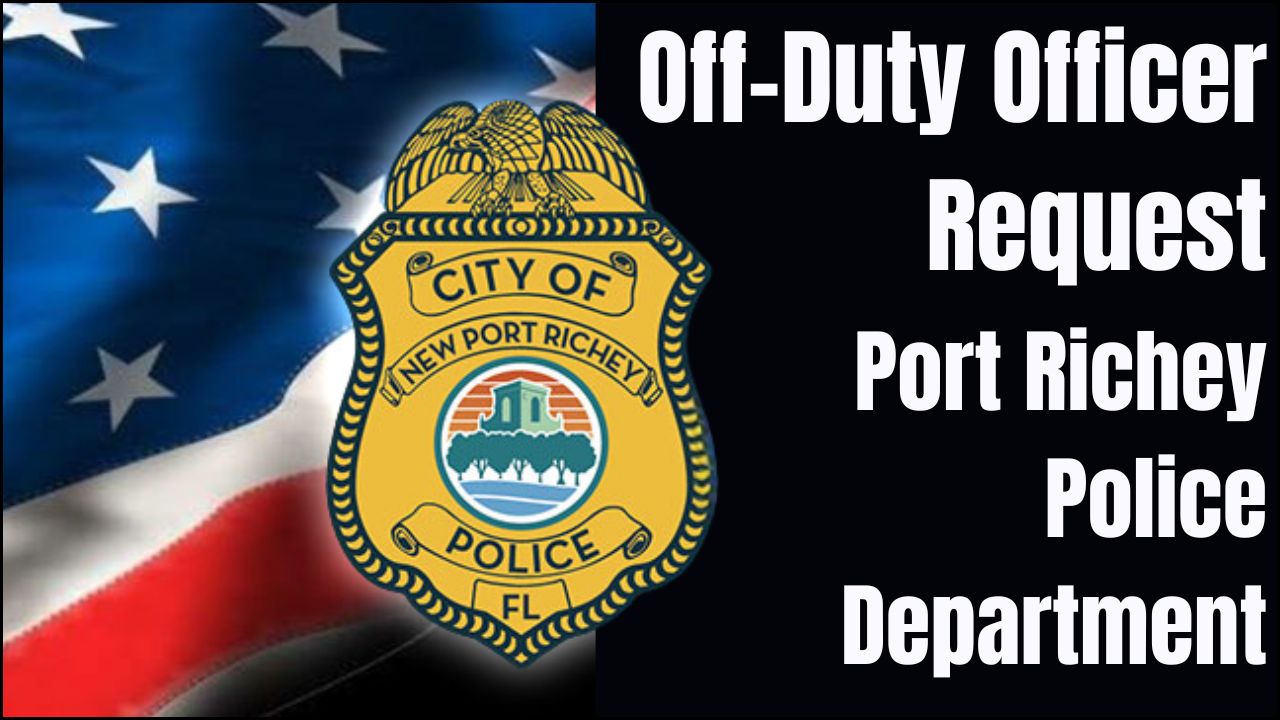
Planning for emergencies is important for every community. A disaster can strike anytime, often without warning. People with disabilities, older adults, individuals with limited mobility, and others with access and functional needs (AFN) may face extra challenges during such times. The Florida Division of Emergency Management (FDEM) works to ensure that all people, especially those with special needs, are included in disaster planning and response activities.
Table of Contents
Key Areas of Access and Functional Needs (AFN)
Access and Functional Needs include individuals who may need extra help during a disaster. These people may not have disabilities but may still require support in some areas.
- Communication – Help with receiving or understanding emergency information.
- Medical Care – Need for medication, treatment, or medical support.
- Independence – Assistance with daily living, such as mobility or equipment.
- Supervision – Help for individuals with cognitive limitations.
- Transportation – Need for accessible transport during evacuation.
Types of Individuals Covered under AFN
| Category | Description |
|---|---|
| Older Adults | People who may have limited mobility or health conditions |
| Children | Require supervision, care, and protection during emergencies |
| People with Disabilities | May need help with communication, transportation, or medical needs |
| People with Limited English | May struggle to understand emergency alerts and instructions |
| Low-Income Families | May lack the resources to evacuate or recover after a disaster |
| Homeless Individuals | May not have access to regular shelter or communication methods |
| Pregnant Women | May require medical care or special attention |
| People Dependent on Equipment | Need electricity or access to equipment for survival |
Steps for Emergency Planning for AFN Populations
Emergency preparedness helps reduce confusion and risk during a disaster. The FDEM provides clear steps for individuals and caregivers to prepare.
- Make a Personal Plan
- List all special needs or equipment required
- Identify safe places to go during an emergency
- Note contacts of family, doctors, and support services
- Build a Disaster Supply Kit
- Include medicines, medical devices, food, and water
- Pack extra clothes, batteries, and important documents
- Add copies of prescriptions and contact details
- Register with Special Needs Shelters
- Florida offers special shelters for those who need extra help
- Registration ensures proper arrangements in advance
- Create a Support Network
- Inform friends or neighbors about needs in an emergency
- Assign someone to check in regularly before, during, and after a disaster
- Know Local Resources
- Contact the local emergency management office for AFN support
- Use Florida’s online portals to register and get information
Essential Items in AFN Disaster Kit
| Item | Purpose |
|---|---|
| Medicines | Maintain regular health and treatment |
| Assistive Devices | Help with mobility or communication |
| Medical Records | Share with health professionals at shelters |
| Water (1 gallon per day) | Ensure hydration for each day |
| Non-perishable Food | Provide energy and nutrition during evacuation |
| Phone Charger or Power Bank | Keep your phone working to receive updates |
| ID and Emergency Contacts | Help responders identify needs |
| Flashlight and Batteries | Provide light during outages |
Programs and Services Offered by FDEM
| Program | Details |
|---|---|
| Florida Special Needs Registry | Allows residents to register for shelter and medical help in a disaster |
| Emergency Alert System | Provides messages through text, TV, and radio in accessible formats |
| Community Outreach Events | Educates people on AFN preparedness |
| Partnership with Local Agencies | Works with health departments, disability networks, and senior centers |
| Training for Emergency Staff | Prepares responders to handle AFN situations properly |
| Evacuation Assistance | Offers transportation options for those who cannot evacuate alone |
Important Contact Points in Florida
| Service | Contact Information |
|---|---|
| Florida Division of Emergency Management | www.FloridaDisaster.org |
| Special Needs Registry | Register at the local county emergency website or through healthcare |
| Emergency Alert Updates | Sign up for the Alert Florida system |
| Local County Emergency Offices | Contact for personalized assistance |
Communication Support for AFN Individuals
- Visual Alerts – Use of flashing lights for those with hearing loss
- Braille and Large Print – Emergency instructions available in readable formats
- Sign Language Interpreters – Present at major press conferences
- Multilingual Messages – Messages translated into common Florida languages
How Communities Can Help
Preparedness is a team effort. Communities and neighbors can support AFN individuals in many ways.
- Check on Neighbors – Offer to help prepare or evacuate if needed
- Promote Inclusive Planning – Involve AFN individuals in emergency exercises
- Volunteer at Special Needs Shelters – Provide care, guidance, or companionship
- Share Information – Spread news about registration and local shelter locations
Shelter Services for AFN Individuals
| Service | Details |
|---|---|
| Medical Support | Nurses and medical equipment are available in special needs shelters |
| Backup Power | Keeps oxygen machines and other tools running |
| Trained Staff | Understand the needs of individuals with mobility or cognitive challenges |
| Quiet Areas | Designated zones for people with sensory sensitivities |
| Assistance with Toileting and Feeding | Help for those who cannot manage alone |
Training and Exercises for Preparedness
FDEM regularly trains both emergency staff and caregivers:
- Simulated Drills – Practice real-life disaster scenarios
- Workshops and Seminars – Teach AFN response planning
- Partnership Programs – Work with schools, hospitals, and nonprofits
Lessons from Past Disasters in Florida
Florida has faced hurricanes, floods, and wildfires in the past. Each event taught important lessons:
- Hurricane Irma led to better planning for people needing electric-powered medical equipment
- COVID-19 highlighted the need for separate shelter spaces for medically vulnerable individuals
- Hurricane Ian emphasized the importance of clear and accessible communication for all
Closing Reflections
Preparedness saves lives, especially for individuals with access and functional needs. The Florida Division of Emergency Management has built strong systems to include everyone in emergency planning. With proper support, communication, and tools, no one has to face a disaster alone. Every individual, community, and organization plays a role in building a safer Florida for all.





